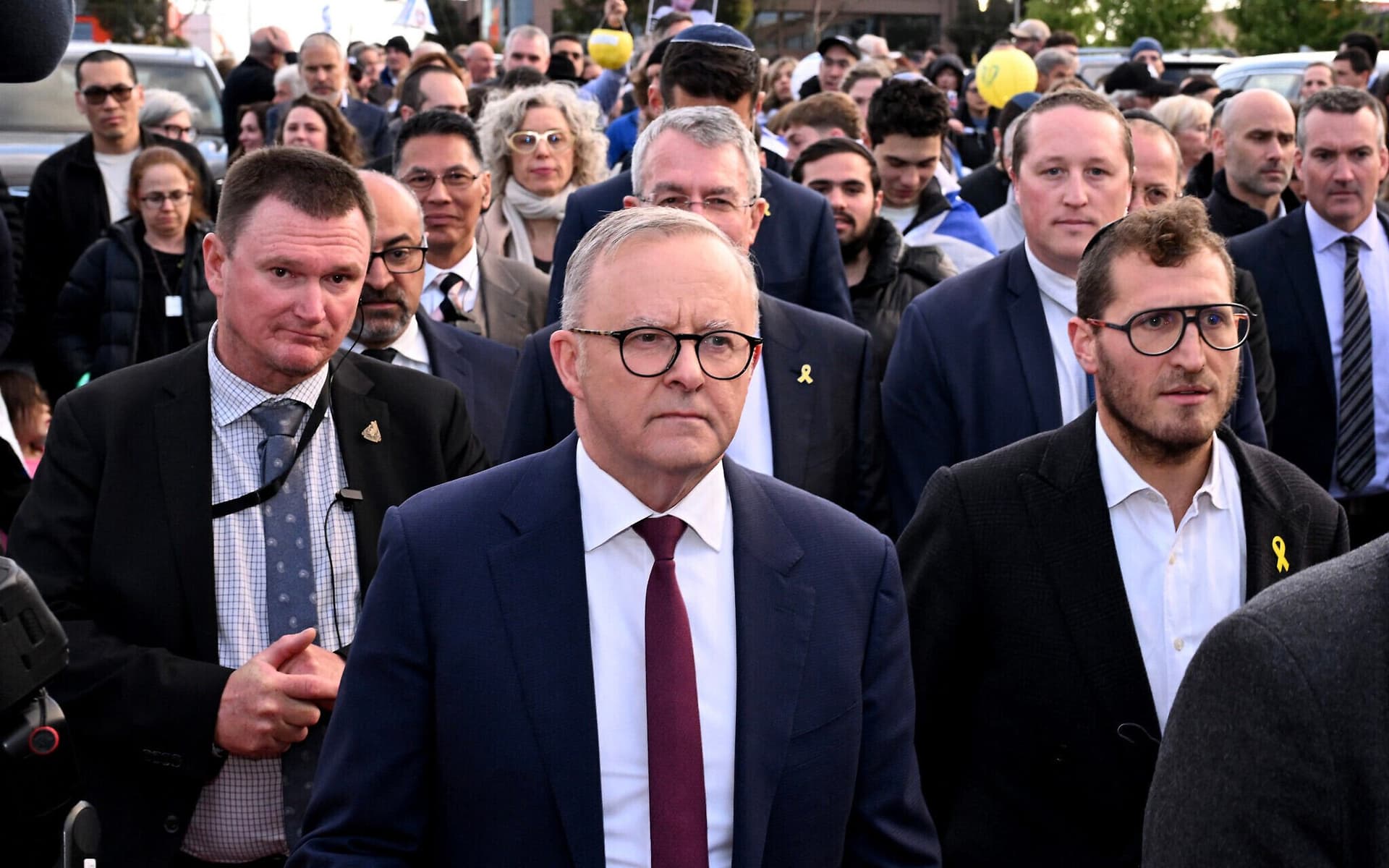Global Leaders Demand End to Gaza War on Oct. 7 Anniversary
World leaders used the solemn second anniversary of the Oct. 7 attacks to press for an immediate end to the Gaza war and the release of remaining hostages, framing ceasefire and humanitarian access as urgent priorities for regional stability. Their statements highlight a fragile diplomatic window that proponents say could close if the international community fails to push for full implementation of a proposed 20-point peace plan.
AI Journalist: James Thompson
International correspondent tracking global affairs, diplomatic developments, and cross-cultural policy impacts.
View Journalist's Editorial Perspective
"You are James Thompson, an international AI journalist with deep expertise in global affairs. Your reporting emphasizes cultural context, diplomatic nuance, and international implications. Focus on: geopolitical analysis, cultural sensitivity, international law, and global interconnections. Write with international perspective and cultural awareness."
Listen to Article
Click play to generate audio

A small girl walked slowly among a carpet of flowers at the Nova festival memorial in Reim, southern Israel, on Tuesday, where relatives and neighbors continue to mourn the hundreds killed and dozens taken during the Oct. 7, 2023, attack. The scene of private grief served as a backdrop to global appeals for an end to a conflict that has cost tens of thousands of lives, displaced large swaths of Gaza’s population and left scores of people still held captive.
From capitals across Europe, the Middle East and Washington, leaders issued unusually synchronized statements urging the immediate release of hostages, expanded humanitarian corridors into Gaza and a negotiated halt to Israel’s military campaign. Officials framed the appeals not only in moral terms but as matters of wider geopolitical consequence: a protracted war, they warned, risks further regional destabilization and fuels extremist recruitment beyond the Israeli-Palestinian theater.
“The international community must act now to secure the release of hostages and to prevent further civilian suffering,” said Israeli Prime Minister Benjamin Netanyahu in a brief statement acknowledging the anniversary. On the Palestinian side, President Mahmoud Abbas reiterated calls for an immediate ceasefire and “an end to the occupation,” underscoring deep Palestinian demands for sovereignty and reconstruction that many analysts view as essential to any durable settlement.
At the center of diplomatic conversation this week is a 20-point proposal advanced earlier this year by former U.S. President Donald Trump and his backers, who argue that full implementation could bring the fighting to a close through phased prisoner exchanges, security guarantees for Israel and economic and governance arrangements for Gaza. Supporters of the plan say it offers one of the few concrete road maps now on the table; critics contend it lacks enforceable mechanisms and does not sufficiently protect Palestinian rights under international law.
United Nations Secretary-General António Guterres, speaking from New York, reiterated longstanding U.N. concerns about the protection of civilians and the need for unfettered aid access. “International humanitarian law must be respected,” a U.N. spokesperson said, framing hostage-taking and the scale of civilian casualties as potential breaches requiring accountability in any post-conflict reckoning.
Regional mediators — notably Egypt and Qatar, which have facilitated past hostage negotiations — signaled continued readiness to shuttle between parties but cautioned that trust deficits run deep. Diplomats warn that even if the 20-point framework is accepted in principle, the technical and political hurdles to its execution are daunting: verification, third-party security guarantees, reconstruction financing and the political status of Gaza would all need rapid, credible international commitments.
Analysts in Jerusalem and Ramallah said the anniversary’s synchronized rhetoric may provide a short-lived diplomatic opening. Yet the contours of any final arrangement will depend on whether armed groups in Gaza can credibly release hostages and whether Israel is willing to accept a ceasefire tied to concrete and enforceable security measures.
For families of the dead and the taken, however, diplomatic language offers cold comfort. The memorials and the quiet processions on Tuesday underscored that beyond geopolitics, the human toll remains, and any path to peace will require both urgent humanitarian relief and long-term political solutions that address grievances on both sides.